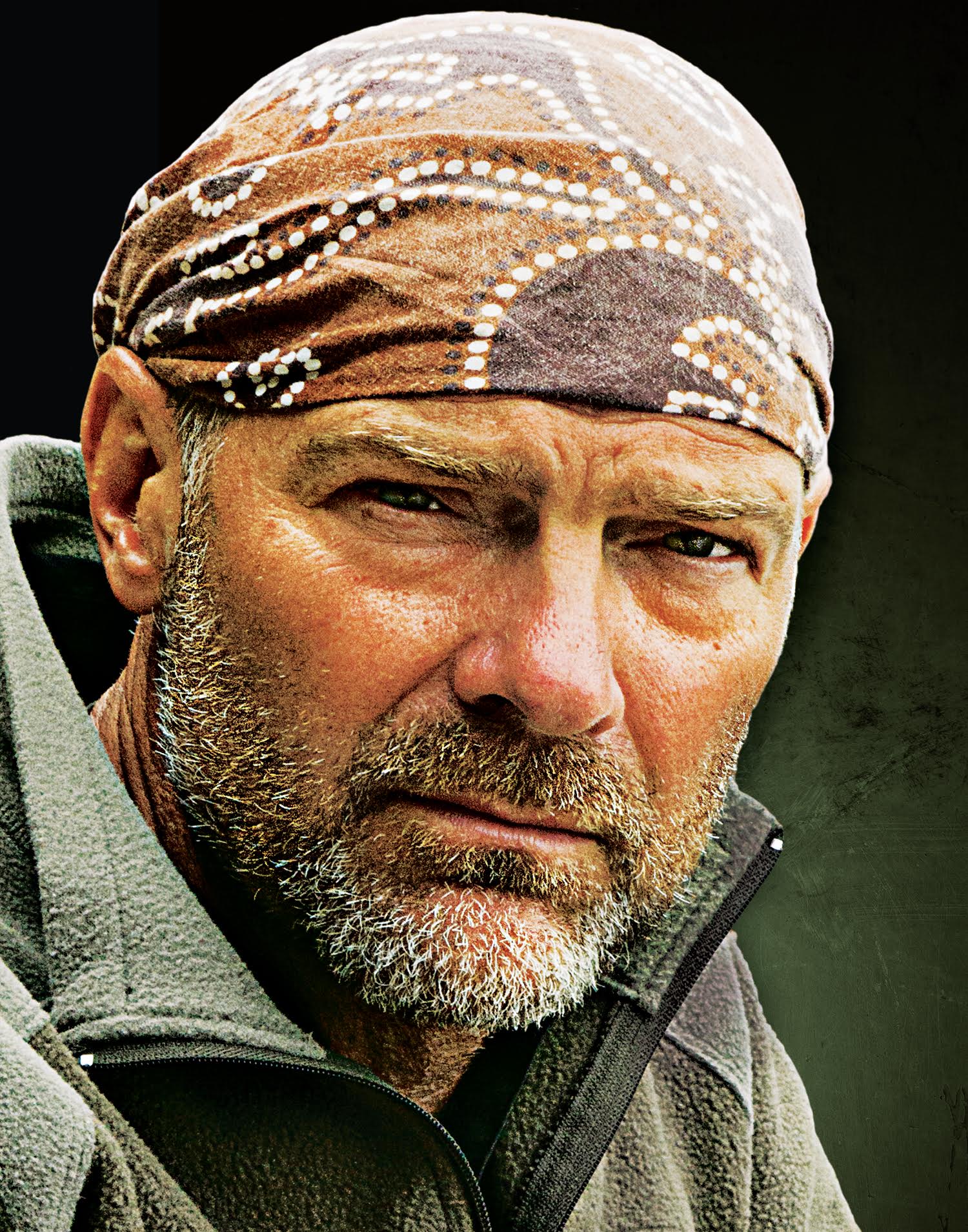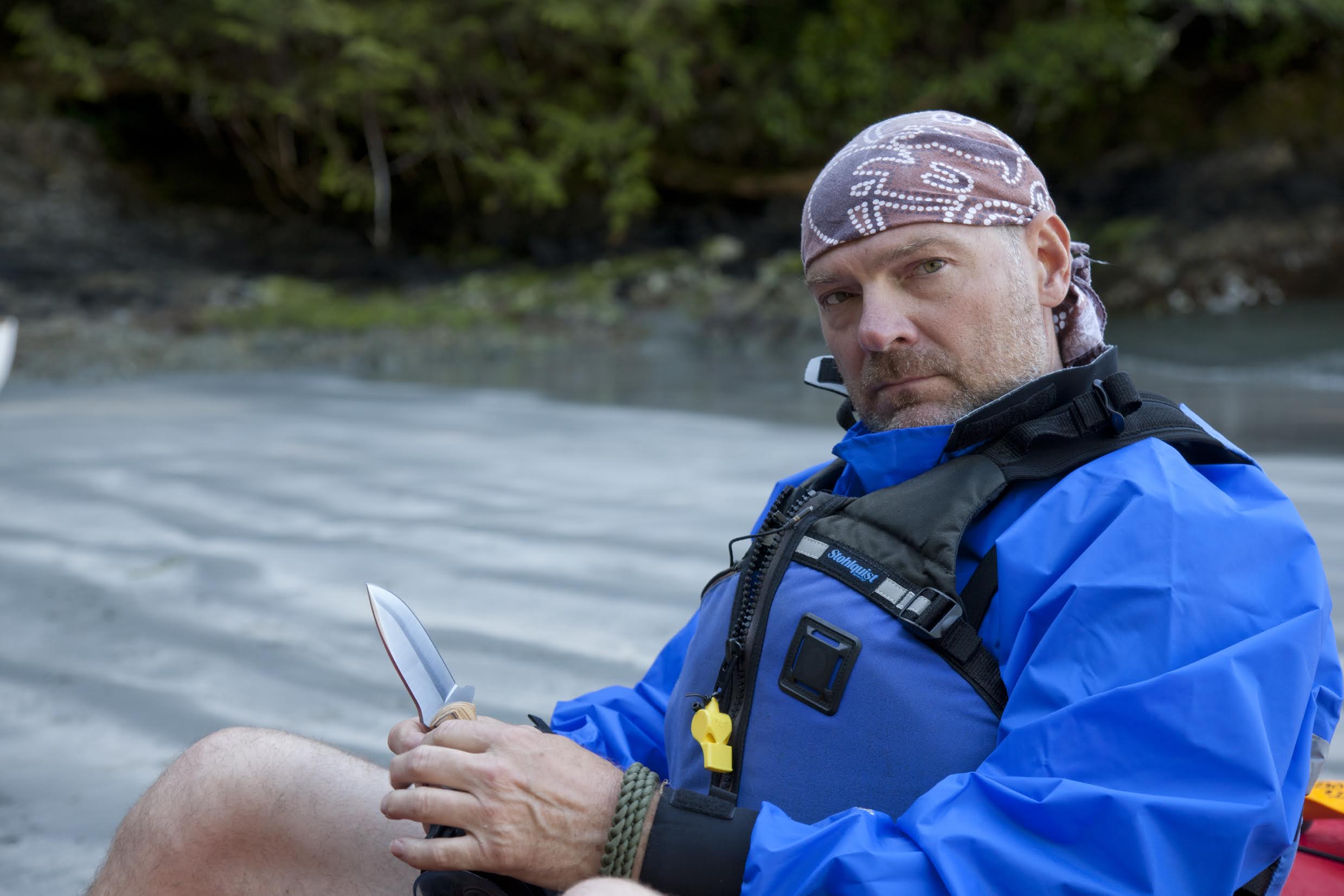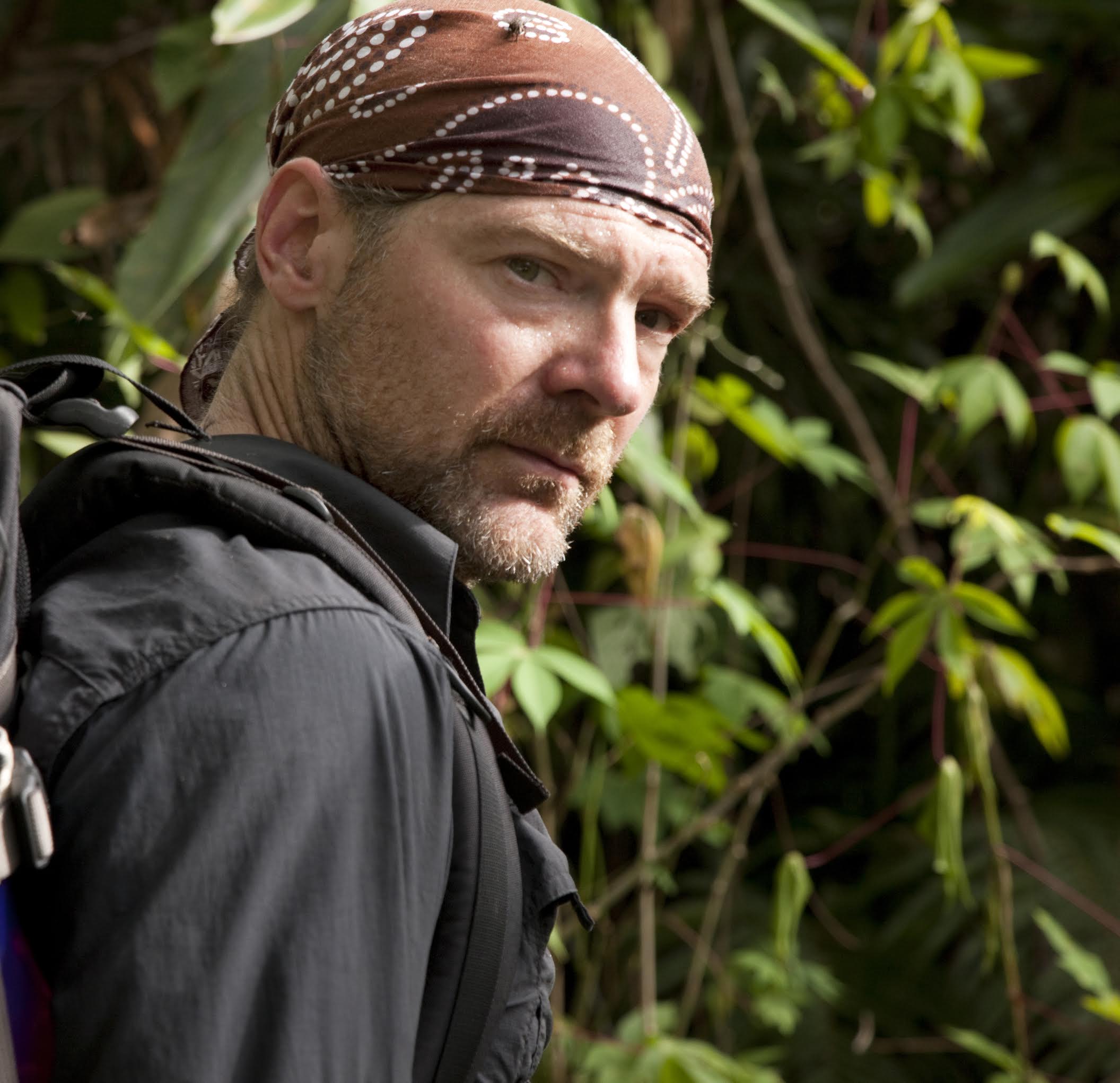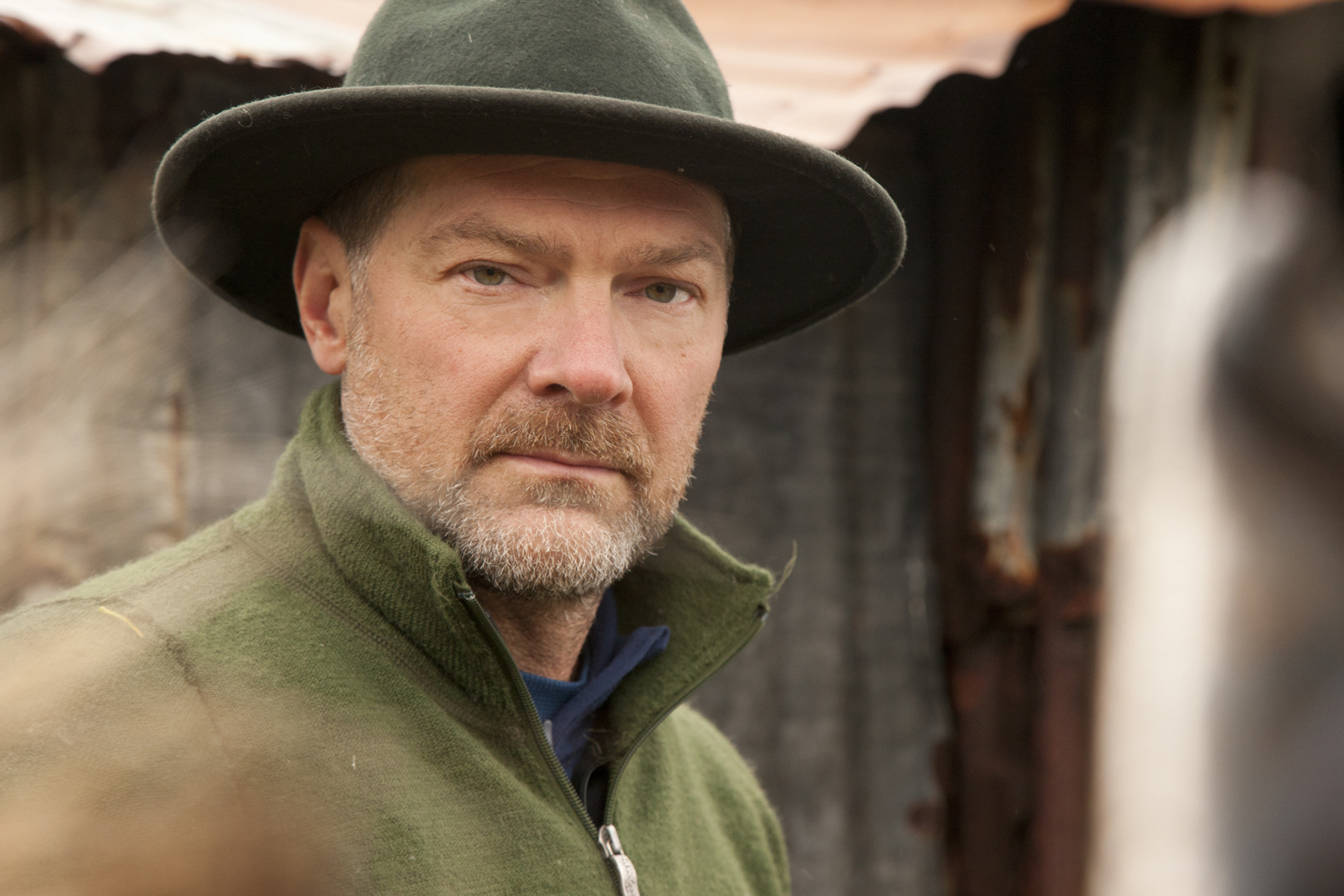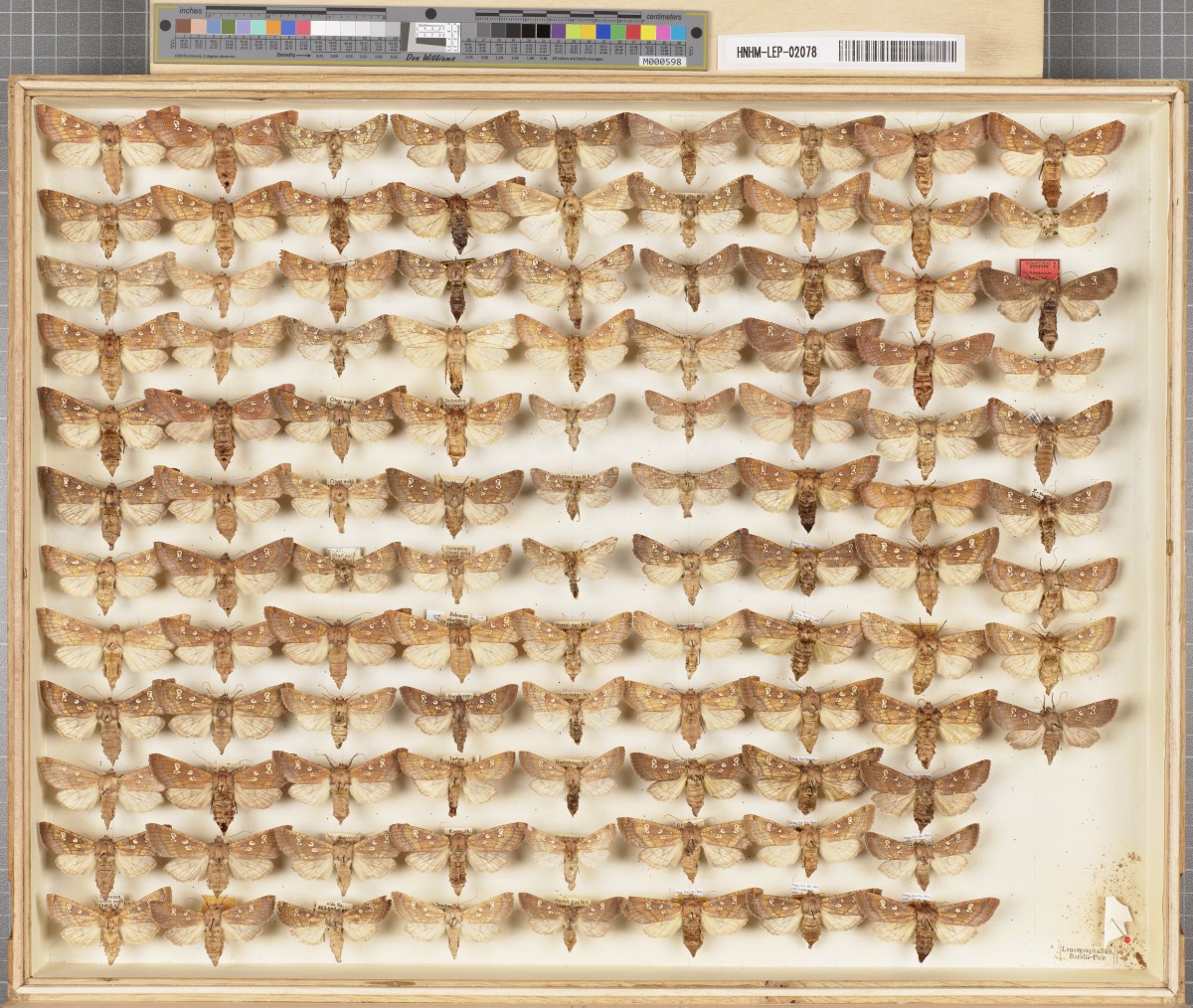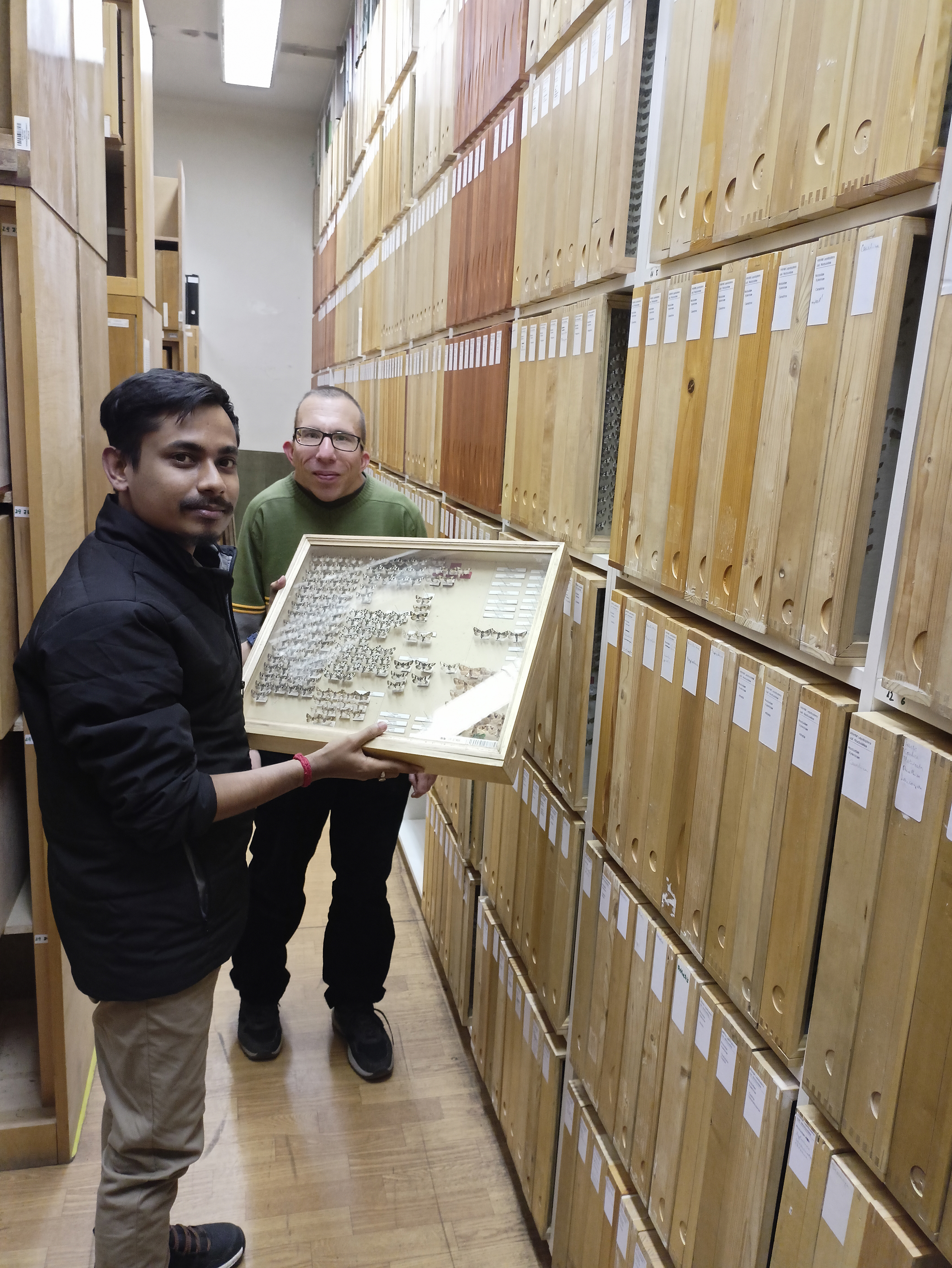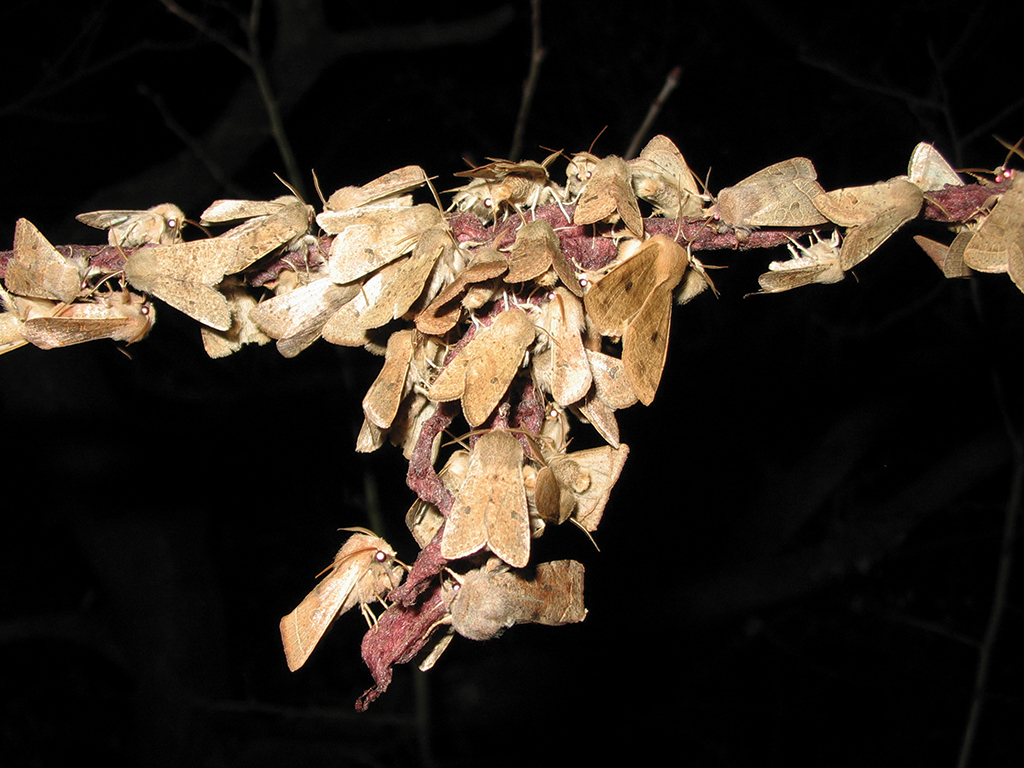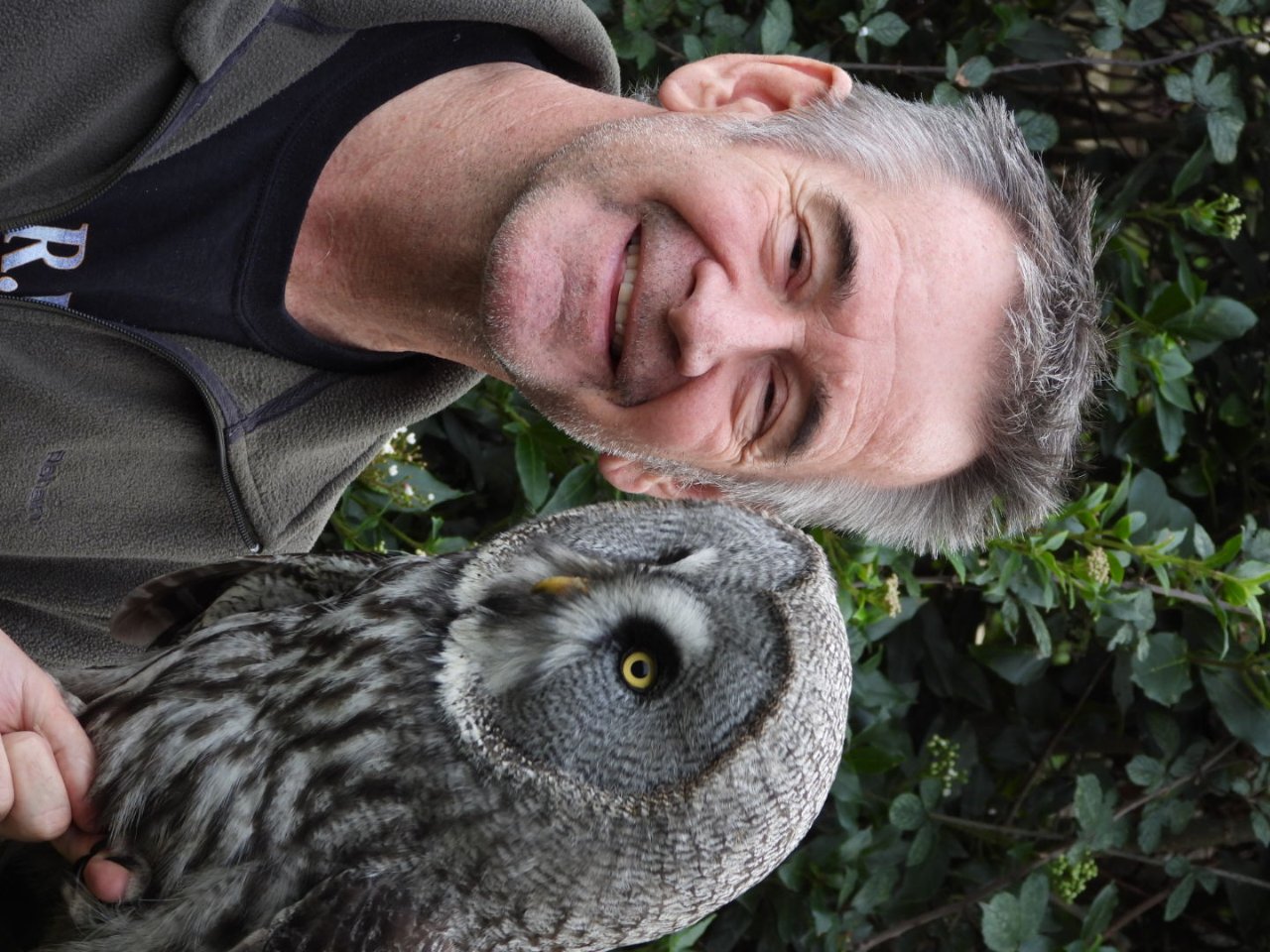There is a person, who can talk to the camera about his experiences standing in the hot desert sand, wading in the water of a fast-flowing glacial stream or even resting during a seemingly endless motorcycle ride. This is Ryan Pyle. The adventurer, who not only experiences the beauty wrapped in difficulties of his locations, but is also able to pass it over to his viewers. At the same time, he is a traveler, filmmaker, photographer, survivorman and a specialist who is always prepared for the given topic, in whose films we can go on a cultural and spiritual journey with him. In Hungary, we can meet him in the documentary called Extreme Treks, where we can roam with him episode by episode and season by season through unknown landscapes. I feel honored to have been able to interview him and to get answers to my hopefully interesting questions, which I think will be fascinating for everyone.
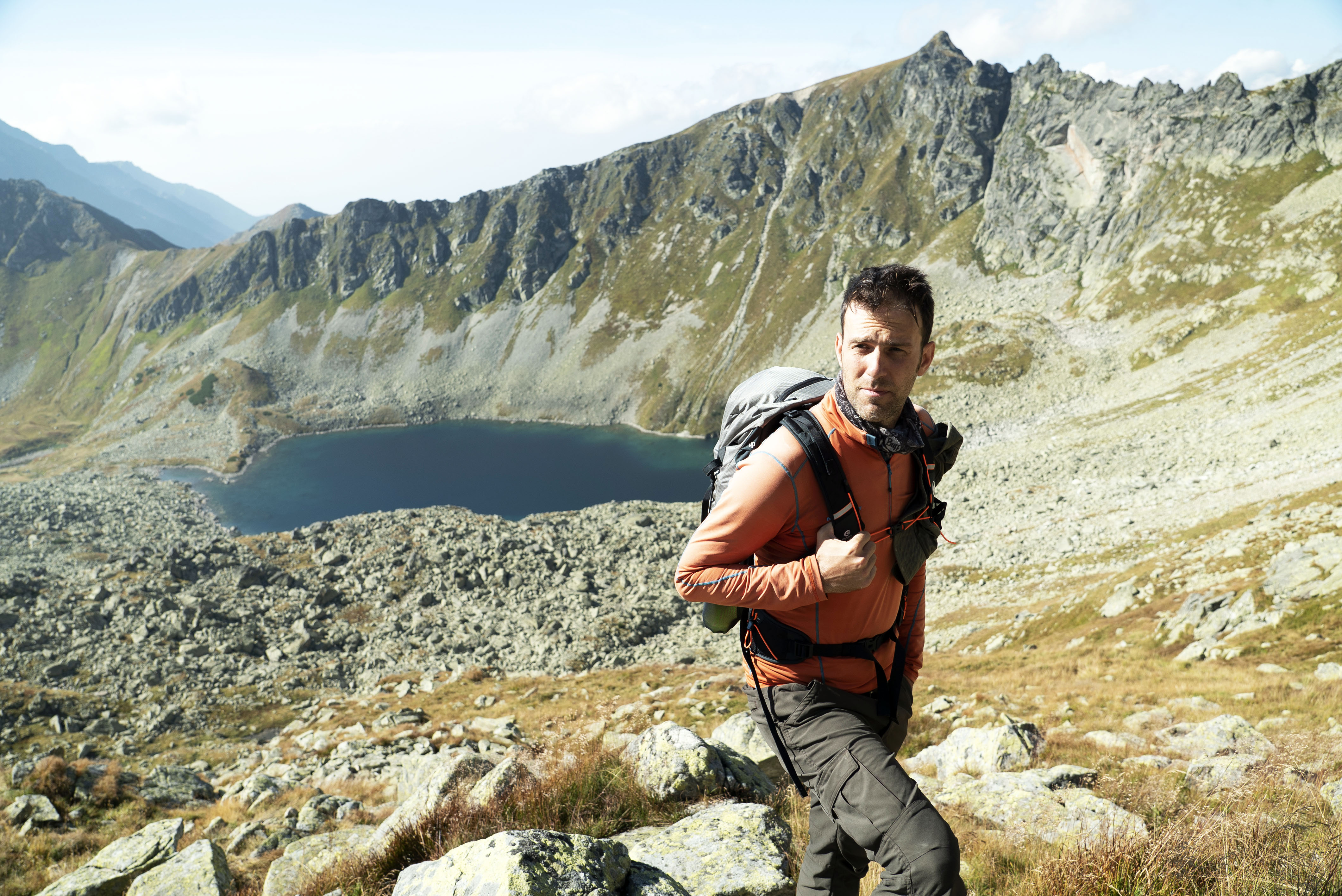
Lili Lajtár (LL): Who or what influenced to you to choose this life path full of adventures?
Ryan Pyle (RP): I don’t really know. When I was 22 and I moved from Toronto, Canada, where I was born, to China, no one really influenced to me to make that decision. I didn’t know anyone who had previously moved to China. It was in the early two thousands. I wasn’t an avid adventure television watcher and there was no one in my ecosystem, I suppose, that had done this kinds of trips or moved to a totally different part of the world before. And I think whatever happened in my career after that, I was a journalist in China for many years and then after that I moved into the television making, but I think everything really started with that first move to China, and I don’t really think anyone influenced to me. I just wanted to get out of Canada and I really wanted to go to some places that was just really, truly, totally, totally different, so I guess the thing that influenced to me would be the desire to be completely surrounded by a different environment, a different way of life, different culture, different language, different cuisine, different everything and I just felt like China was the furthest reach that I could find what I was really looking for.
LL: What goals do you want to achieve with your documentaries?
RP: I think I started making adventure television shows and documentaries in 2010 and I think the goal was always to have authentic fan and to see places for what they really are and to not have any sensationalization or sensationalism in the documentaries. I just wanted it to be about me visiting a place with people around us and finding the right tone for how I wanted to travel and how I wanted to connect with people and how I wanted the audience to see me was really, really important. I think the goal that I wanted to set out was really to go to amazing places and to explore them and to explore my response to being in those places in the most authentic way.
LL: What motivates you most in documentary filmmaking?
RP: I just really love storytelling. I think anyone who is a documentary filmmaker has to love, love, love storytelling and meeting people and telling their stories. And I think that’s really the most exciting thing. So what motivates me is waking up every day and being in a new place and getting to see new things and getting to meet new people. So that really, really does it for me and that’s what kind of keeps me going.
LL: During your adventures, did you encounter creatures that were unusual for you? If so, what are they?
RP: Yeah, I guess we were in Papua New Guinea doing an episode of Extreme Treks once and for those of you who might not be familiar, Papua New Guinea is just northeast of Australia, and it has some of the deepest and most intense rainforests that you can find in the world. And yeah, we saw a lot of really crazy spiders and bugs in Papua New Guinea. What exactly they were, I’m not 100% sure. You know, sometimes the guides would tell us that these were local and this was that. But we saw some very big spiders for sure, which was not good. I’m not a big fan of spiders.
LL: Can your body bear to adapt to different places?
RP: Yeah, I feel physically my body is quite strong. It’s still in a good place, although every year I am getting older. But we filmed in very hot places, like, we did an episode of Extreme Treks in the Wadi Rum desert in Jordan, and the temperatures were 45 degrees Celsius when we filmed there some days, so that was quite hot. And then, obviously, we filmed the summit of Aconcagua in Argentina, another episode of Extreme Treks, and there the temperature was -40, so, yeah, I feel quite comfortable. Obviously, having good gear is really important. Safety is really important. It’s nice to be out of your comfort zone, but It’s not nice to be out of your comfort zone, if you are taking serious, serious risk to your health. So we have to really adapt and manage the risk and understand the risk when we are doing some of these things, because it’s no point in saying that you are adapting to different places and environments, but you are losing fingers and things like that. It’s quite terrifying.
LL: You have visited many places in the world during your life. How do you see people's attitudes towards nature? How open are they to the world around them?
RP: Okay, so I feel like those are two very different questions. So I have traveled to many places around the world, and people’s attitudes towards nature are totally, totally different. People in the big city, they don’t really have a real respect for nature, especially in some of the bigger cities. But people who live out in nature obviously have a great respect for nature because their lives are surrounded by nature and the seasons and the river and the snow and the glaciers and all these kinds of things. But yeah, there’s no unified answer to how people think about nature. And I think that’s why we’re having so much difficulty coming together as a planet and coming up with real solutions to greenhouse gases and things like this or pollution caps, because we all have totally different attitudes towards nature. If you live in a mountain village in China, you’re going to have a totally different attitude towards someone who lives on a small little island in the Pacific Ocean. Because as water rises over the next few years, as the temperature rises and the snow caps melt in Greenland and the North Pole and the South Pole, then if you’re in a small little mountain village in China, it won’t really matter to you. But if your island gets consumed by water or your country no longer exists. So it’s very crazy. And I think no one really has the same attitude towards nature and everyone’s coming at it from a very different perspective. So I think it’s very challenging. And how open are they to the world around them? Yeah, a lot of people are not open to the world around them. So a lot of people, they live in a remote part of the world and they totally live in their bubble, and they go about their daily lives, and they don’t really connect with many other elements of the world. And then other people can be much more connected to the world around them through tourism or through people coming to visit. So it really depends just how remote they are.
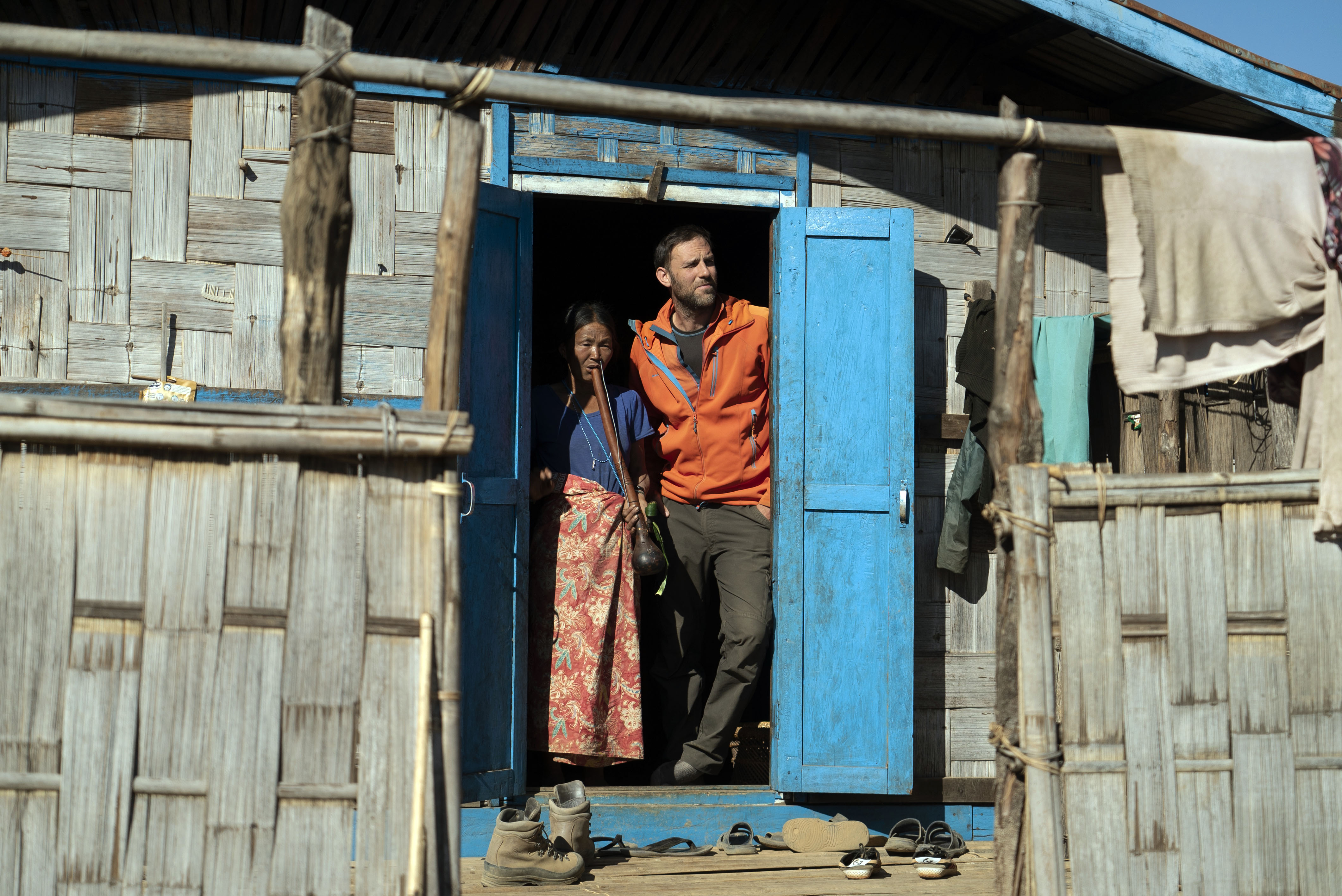
LL: As a photographer, what is your opinion, how we can capture the best moment while shooting? What should we pay attention to?
RP: I think as a photographer, the best way to capture life and people is to let everyone be very familiar with you and let everyone really absorb the idea that you’re there. And then after a while, they’ll just start going about their daily work or their daily live, their daily activities in a very natural way. And then that’s, I think, the thing that we can capture the best because I think as a photographer and as a documentary photographer, which I was for many years, you always want to capture people living their most authentic life and living the life as if you weren’t there. And I think the thing that we really need to pay attention to is how the photographer or how the person with the camera interacts with the environment around them and how that changes the environment. So as a documentary photographer, you always want to be in an environment that you always want to be photographing an environment that you’re not changing. You want it to be natural and fluid. This phrase is used very often, like you want to be the fly on the wall that no one recognizes. And you can just watch everyone doing everything that they would normally do even if you weren’t there. So I think that’s one of the most important things.
LL: Do you think our planet can be saved from global warming? Are you experiencing the effects of climate change in the wild?
RP: I really don’t know if we can be saved from global warming. It’s hard to understand everything about this topic. It’s quite clear that the planet is warming. It’s quite clear that emissions of greenhouse gases are a huge problem and we’re definitely experiencing the climate change in the wild. Glaciers are melting, that’s for sure. There are very few glaciers now left in Switzerland, which is a country that I walked across back in 2020, we did a double episode of Extreme Treks and there were places where the glaciers have receded or disappeared, I suppose, in many cases. So that’s a huge problem. But yeah, I just don’t know. On a short term scale, the world is probably going to get a lot warmer before it gets cooler. But maybe we’ll have a cooling cycle in like 100 years from now or 200 years from now, and then the glaciers will come back. I think there is a natural heating and cooling cycle to the planet, if you look at all the history we’ve ever had. But it’s clear, like, what’s happening right now is also quite dangerous and quite unique because of the intensity of the temperature increases and because of what is really happening with the humans interfering with climate change. So, yeah, I don’t think the next few years are going to be better than where we are now. I see it getting worse and I think it’s just greed, right? Because no one wants to cut their emissions, no one wants to cut their heavy industry, no one wants to cut their transportation. I think we’re just going to have more warming and more greenhouse gases. And of course, population is a big problem too. I mean, the more people they are, the more energy we all consume, the more heating we all need, the more cars we all drive. We have 8 billion people now. We just crossed that mark a few months ago. So that’s also a little bit concerning. I think there is connection between population rise and global warming, because the more people there are, the more people that need stuff, whether it’s food, to electricity, to transportation, heavy industry. All these things, I think, are connected to population as well.
LL: Have you been to Hungary? If not, would you like to explore its wild landscapes?
RP: I have never been to Hungary, and yes, I would very much like to explore its wild landscapes. I have not done very much exploring in Europe, so it would be great to come and explore Hungary. That’d be awesome.
LL: More and more often, I come across the increasing extent of the digital world's expansion, which has taken more and more young people, and because of this, they spend less and less time getting to know the wonderful world of nature. This is just my experience. What do you think about this? Do you think that the future generation could be motivated to explore their environment?
RP: Yeah, I see a lot of young people who are just totally addicted to screens, right? We have laptops, we have phones, we have tablets, and all these things that consume our time and we have endless, endless videos and entertainment and pictures to look at. So, yeah, it’s a big problem. And I can’t tell you how nice it is to travel and to be out of mobile phone contact or for a week, or living in a tent for a week, or just in a place where you don’t have electrical charging and you just don’t even take out your phone ever. These kinds of moments are absolutely beautiful. So I really appreciate that. And I don’t know if the next generation can be motivated to explore nature. I actually believe there’s huge health benefits to being out in nature and avoiding digital. I think there’s a lot to be said for digital detox and spending time in nature, I think, can be very beneficial to people’s mental health and physical health. So I think maybe if the health element of it is better understood, maybe we can try to motivate more people to get outside and explore their environment.
LL: Is there something that might be missing from your life? If you could, where would you like to travel and why?
RP: I think the biggest thing that’s missing from my life is just getting back to filming and making adventure television. So for those people who might not fully know, we were very busy traveling the world, making content for people like BBC and Discovery Channel for many, many years. And then obviously in 2020, COVID happened and we had to stop filming, and we really haven’t filmed very much at all in the last three years (two and a half years). Wow, it’s almost three years! So I would very much like to get back to filming and making adventure TV all around the world, which makes me very happy.
LL: What is your most important message to young people?
RP: Just to get outside. Get outside, do things outdoors. Just do things outdoors. I think it’s really important to be outside and to enjoy nature. Just get outside!
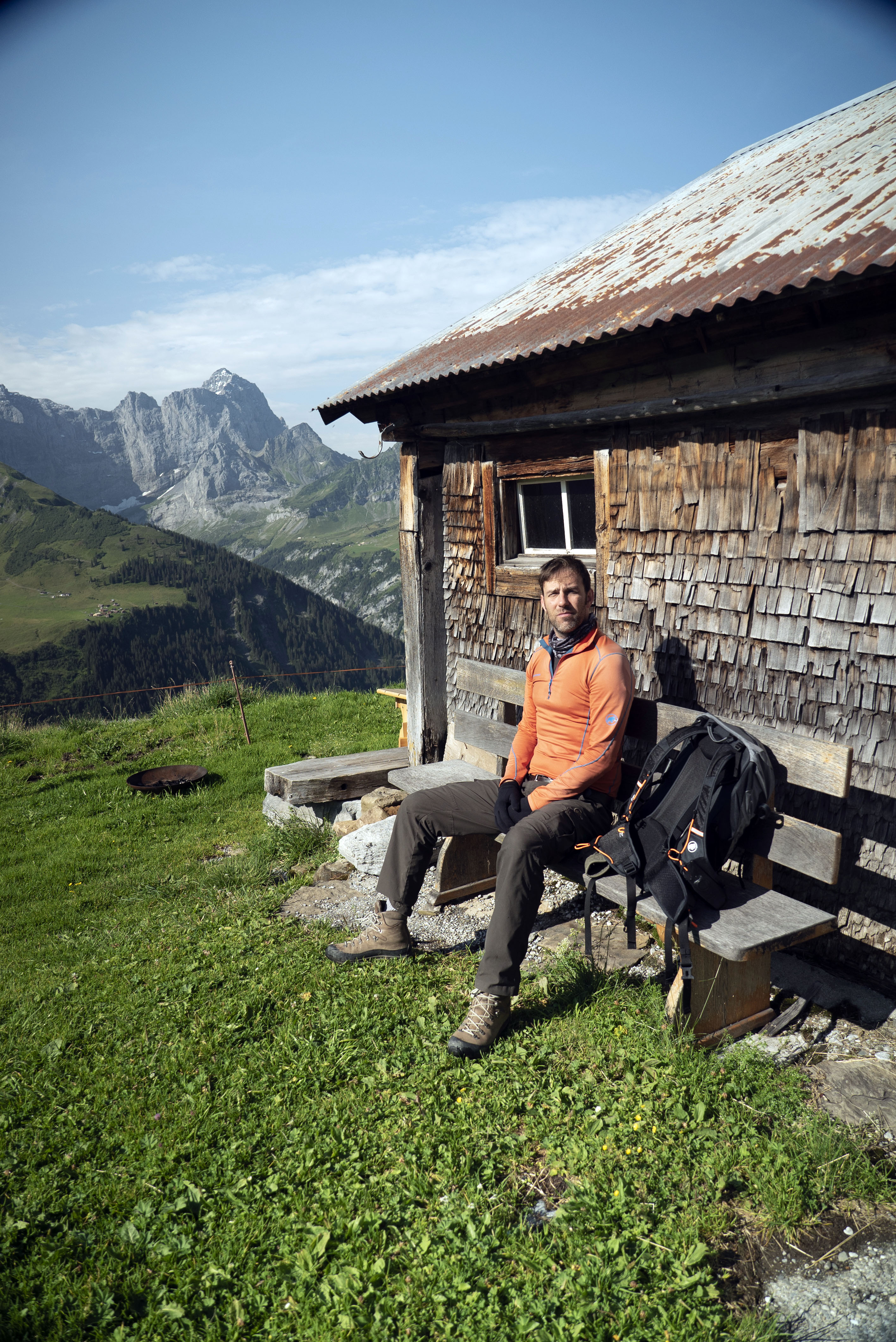
On behalf of each and every person, I thank you for taking the time out of your life for this interview, To Ryan for the colorful and informative answers, to the readers for the attentive and recipient reading, and to myself for being a link between them. Our world is still far from being discovered, we have a lot to do. And let's never forget that with everything we do, we change the world, we always know a new point of view. Dear Mr. Ryan Pyle, thank you and keep the good work up!
